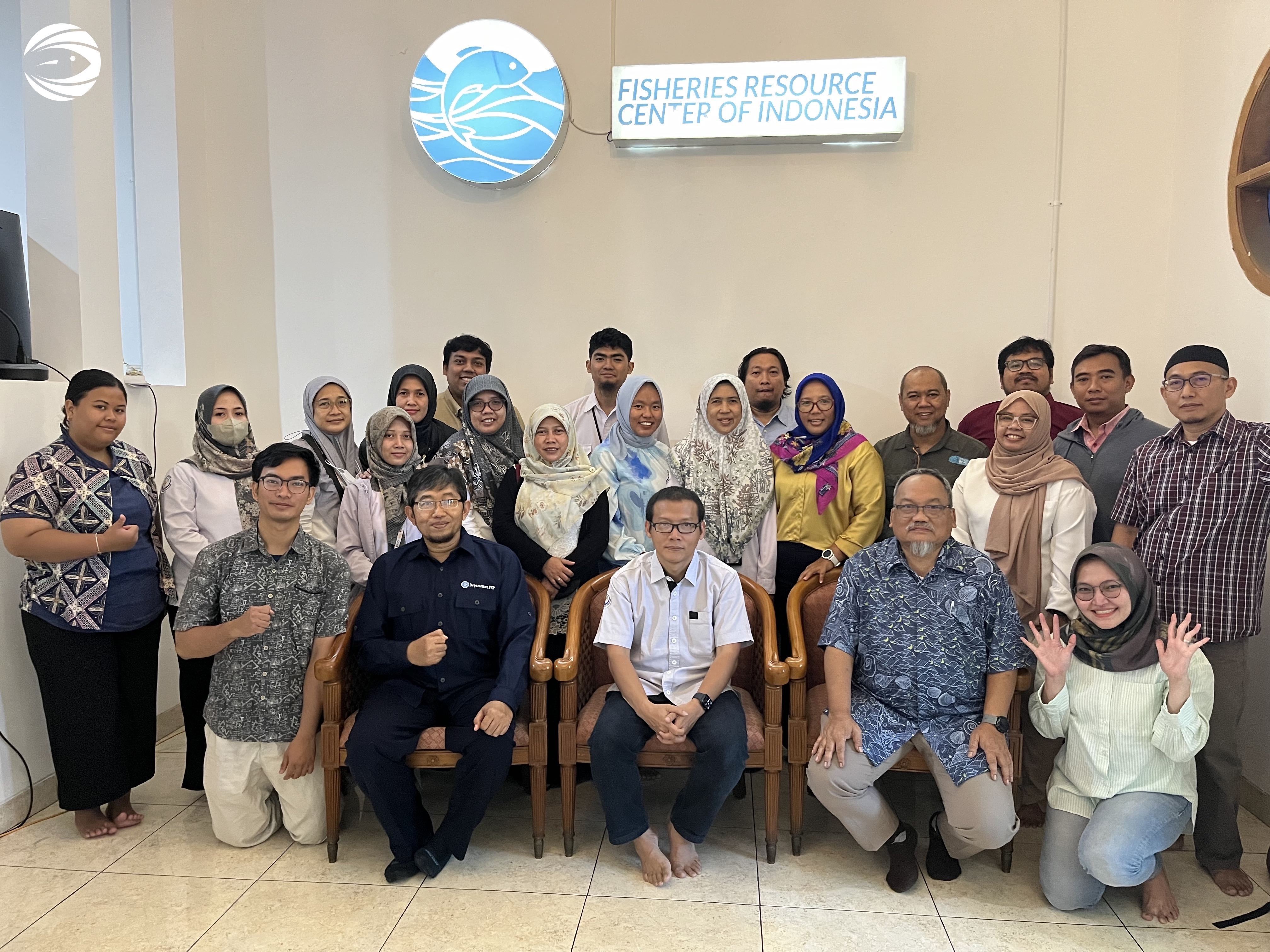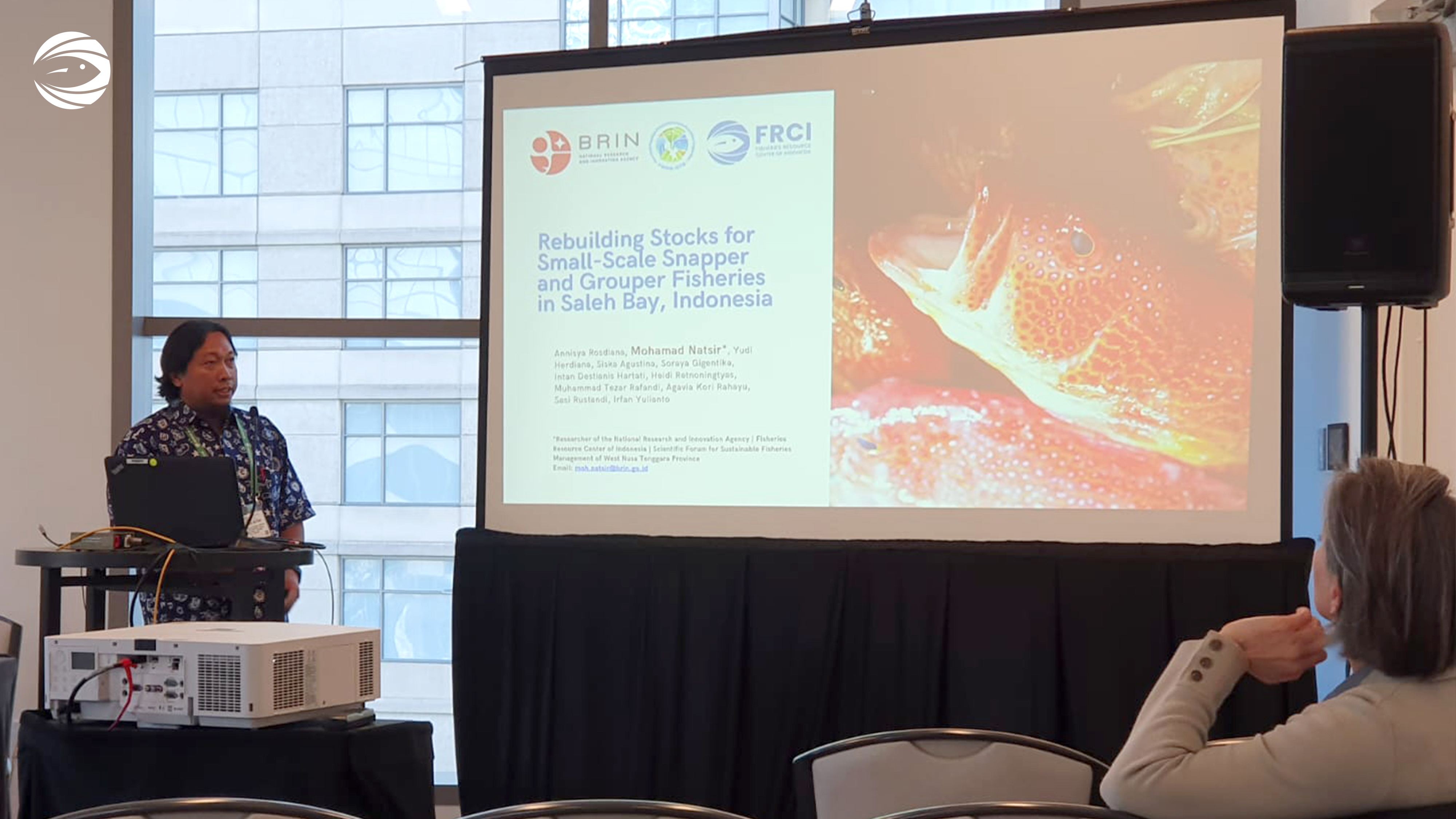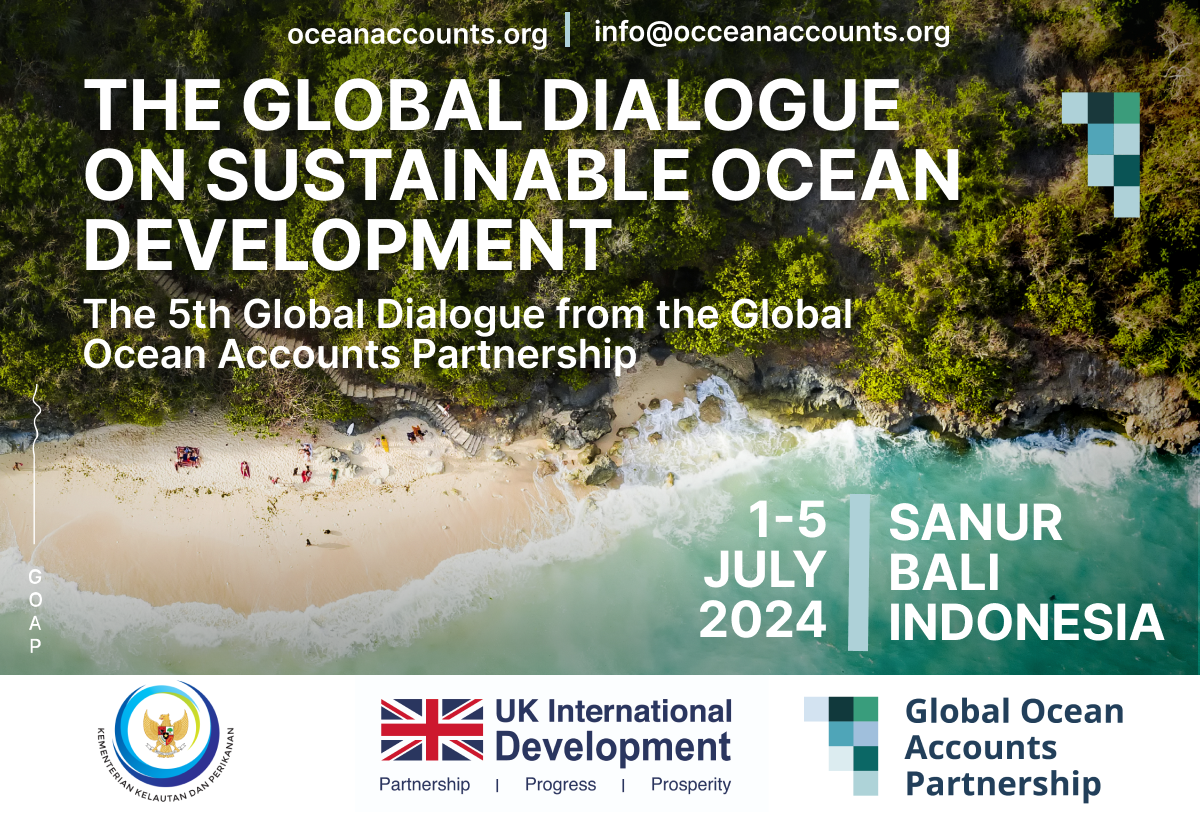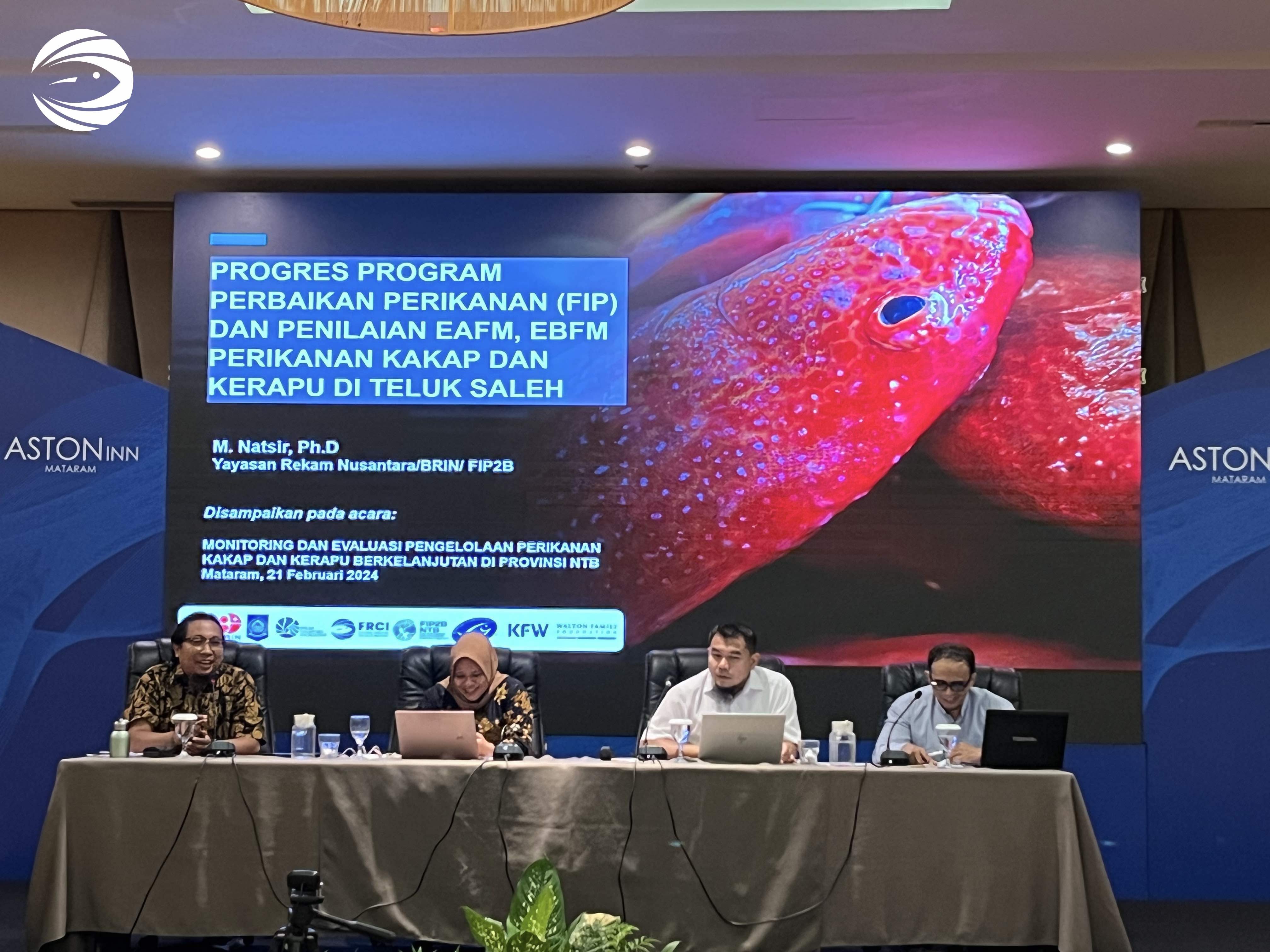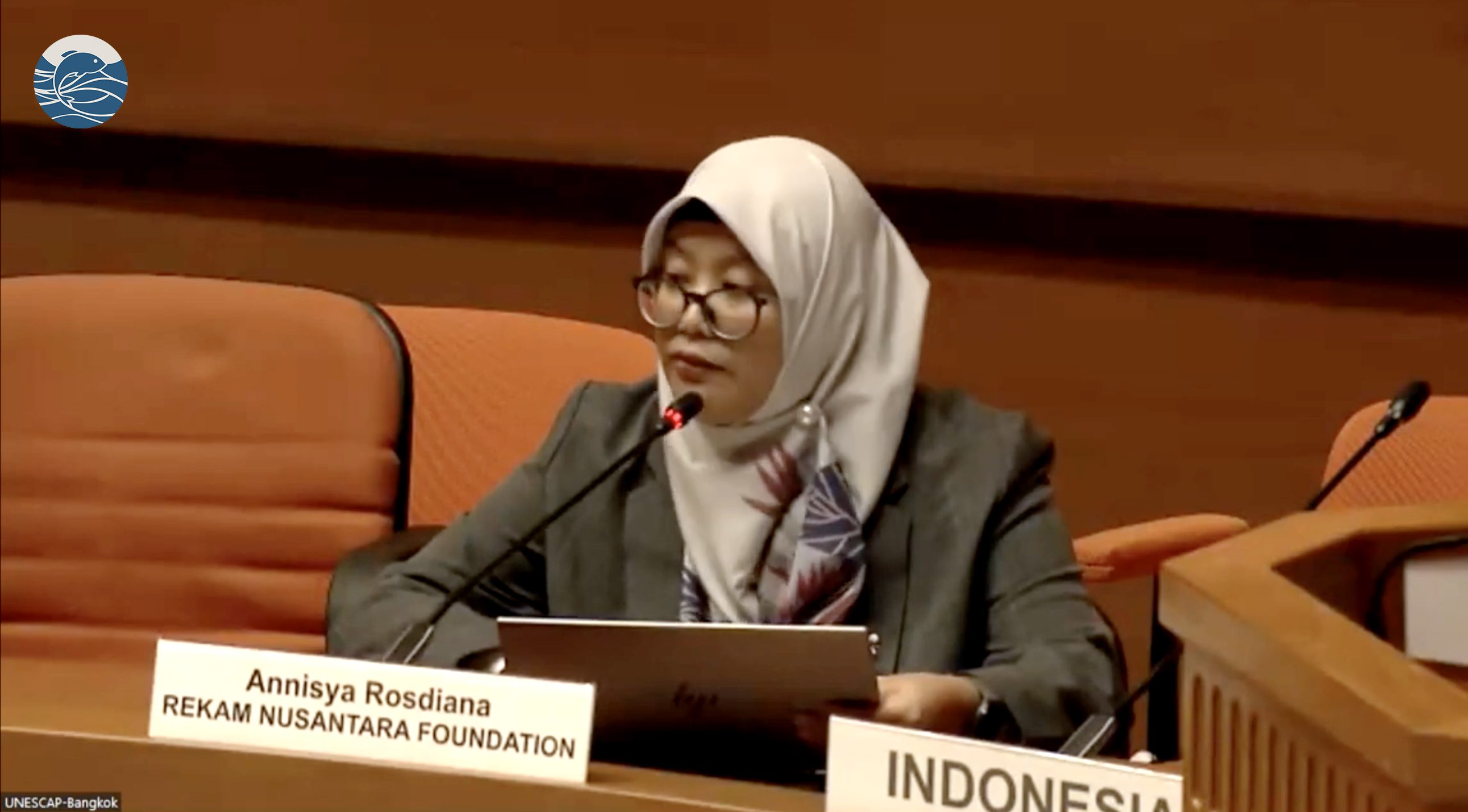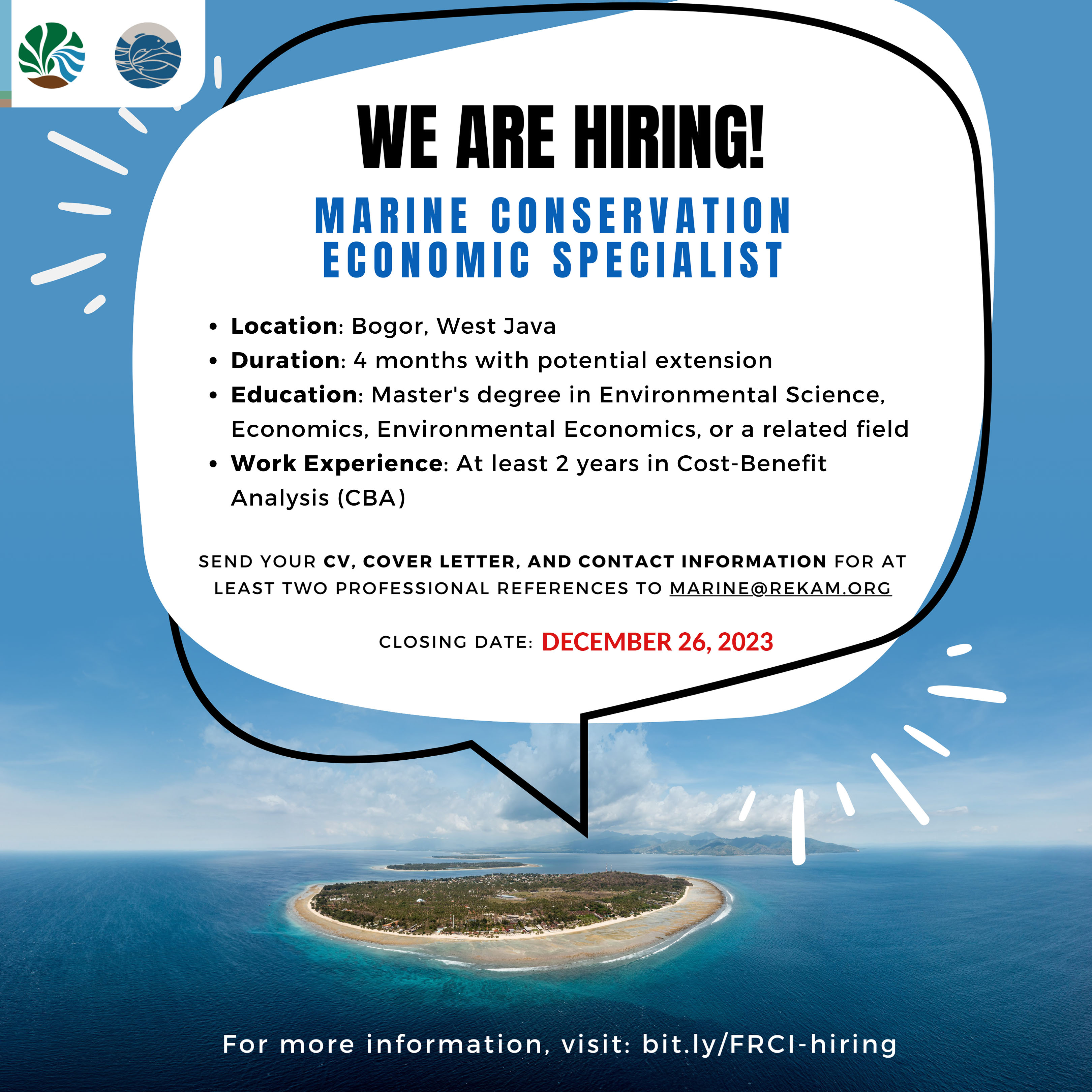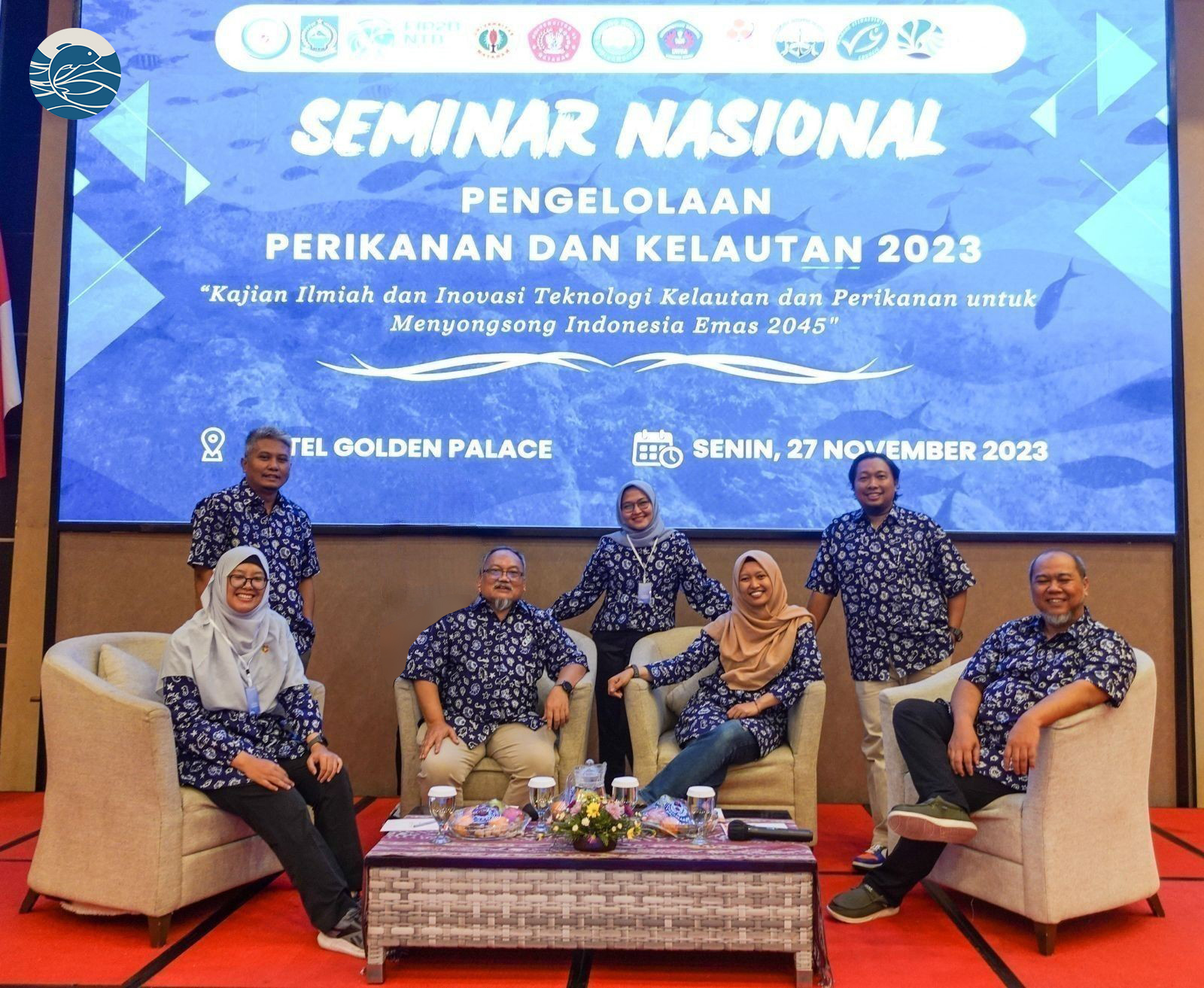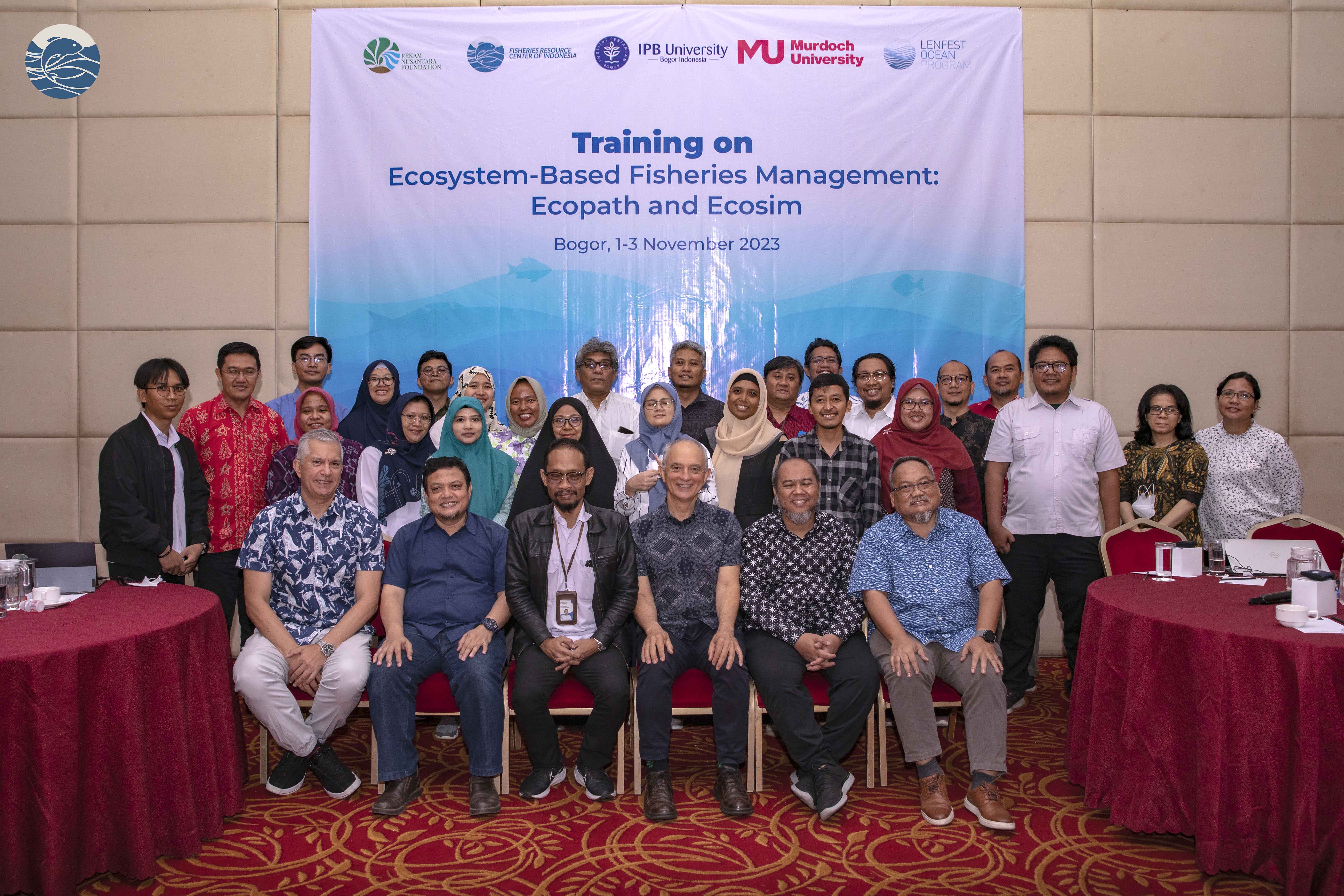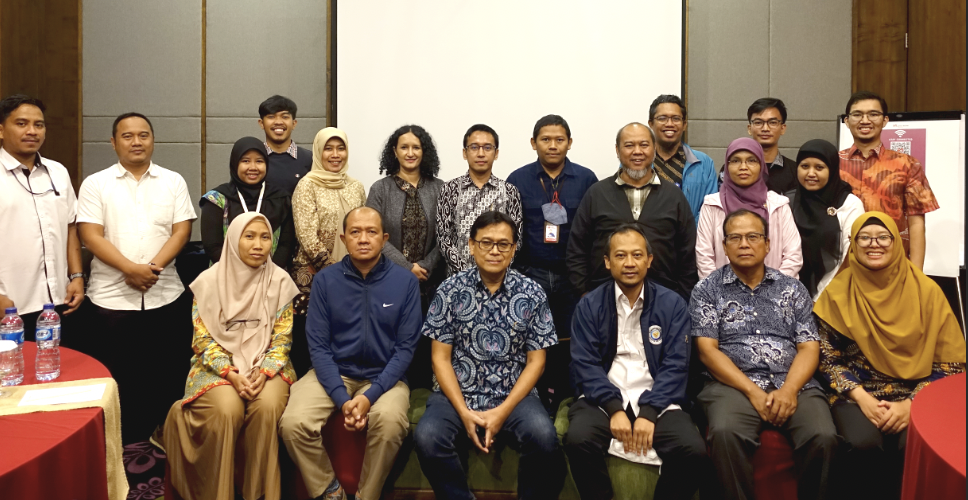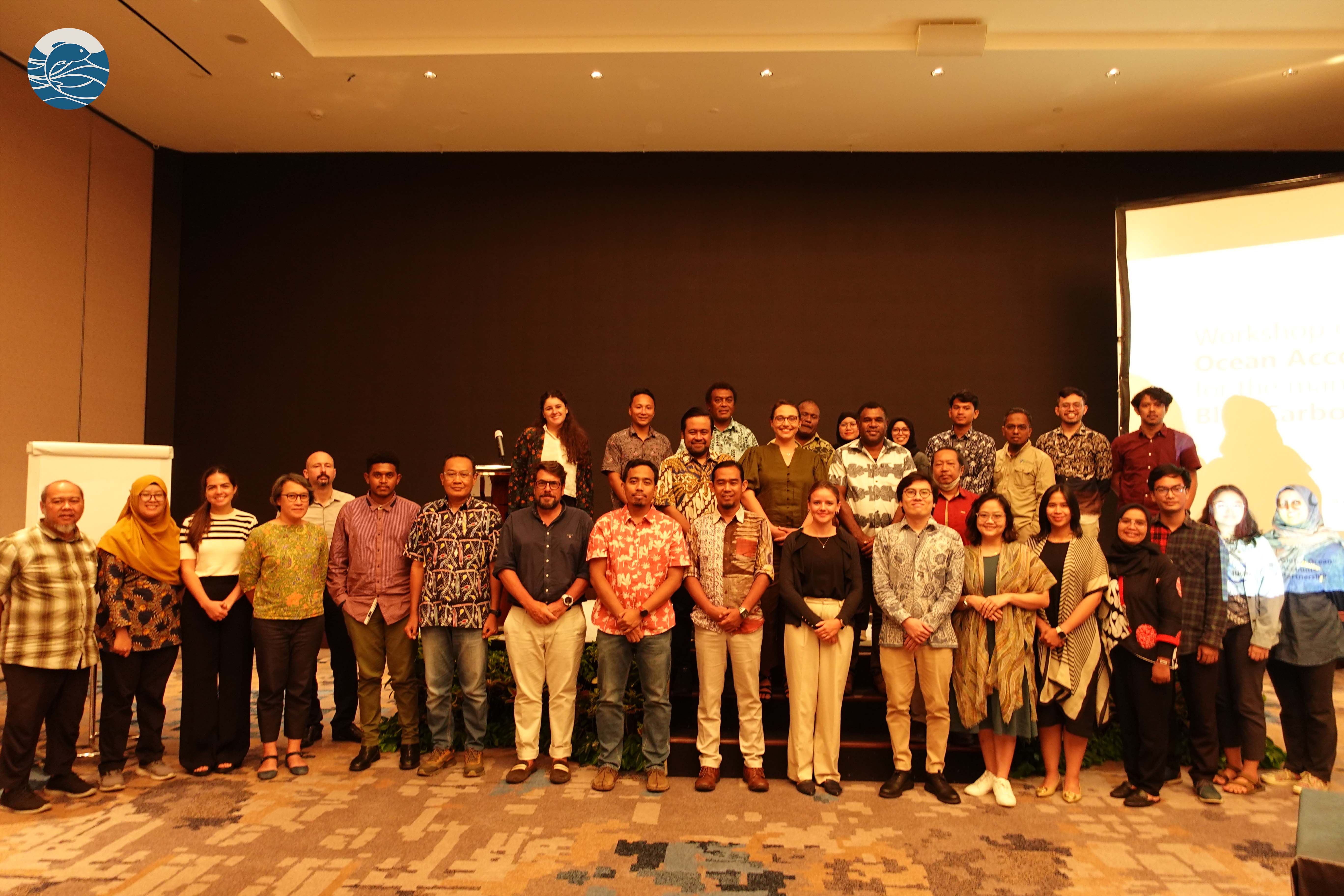Capacity Building Workshop to Reduce Illegal Trade of Sharks and Rays
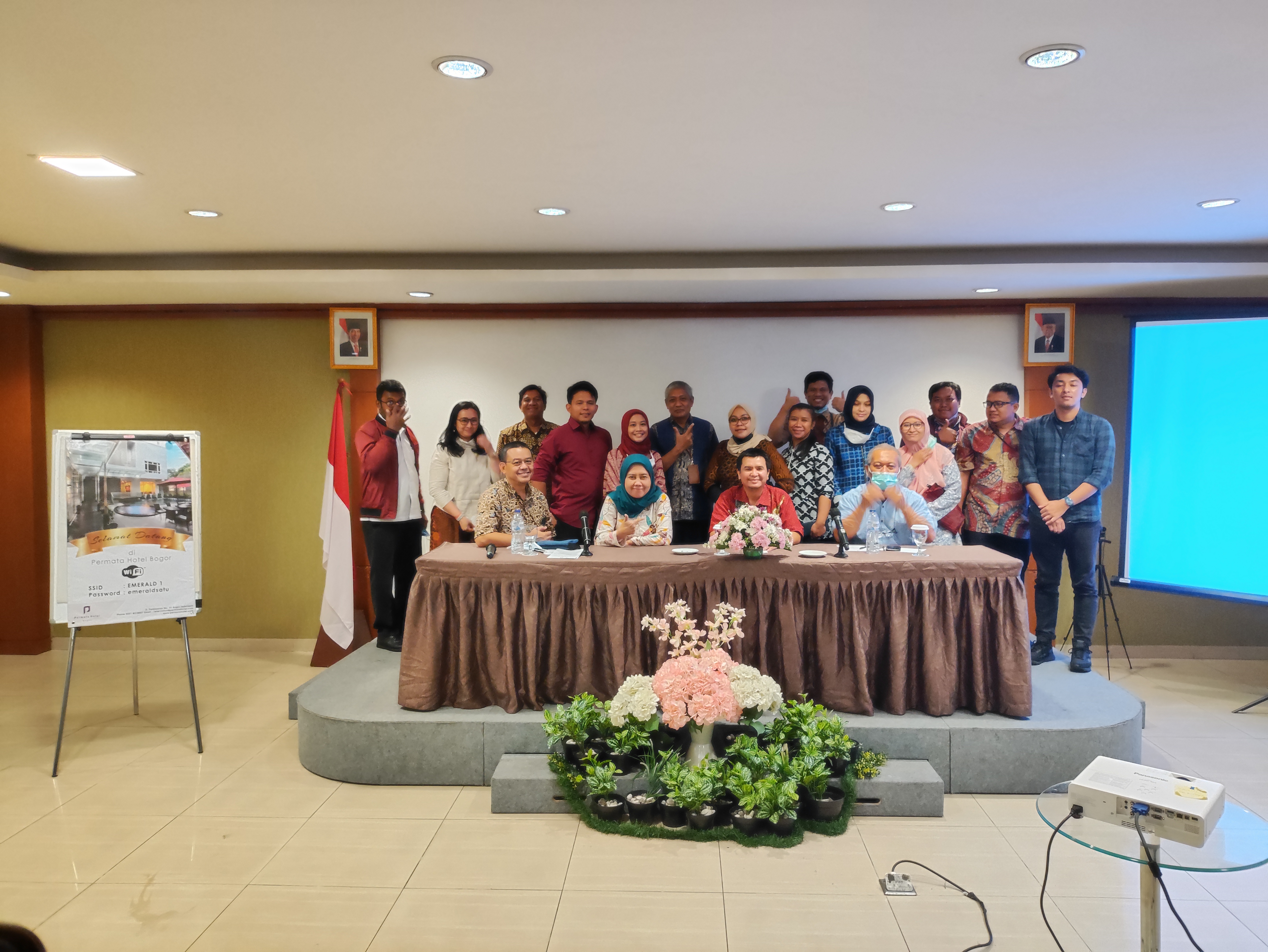
Ditulis oleh Admin | 21 June 2022
0 Comments
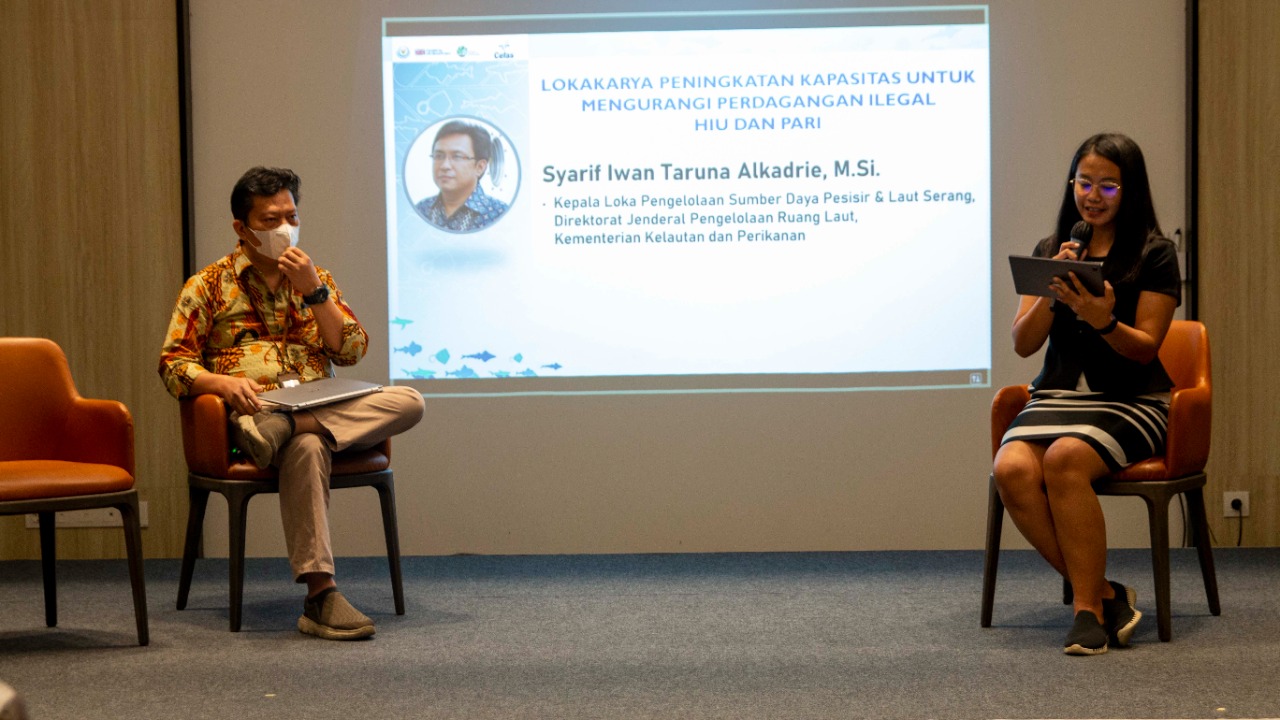
The high biodiversity of sharks and rays allows the potential for Indonesia to become the largest shark and ray fishing country in the world. Sharks and rays are caught and traded in various forms, such as their fins, hisite, skin, oil, meat, even bones, both in fresh, frozen and dried conditions. This is what makes the pressure on the exploitation of shark and ray fisheries so high that several species of sharks and rays are threatened with extinction and are included in the CITES Appendix list.
The use of fish species included in the CITES Appendix list is regulated in the Ministry Regulation Number 61 of 2018 and the Ministry Regulation Number 44 of 2019 on the "Exploitation of Protected Fish Species and/or Fish Species Listed in the Appendix of the Convention on International Trade in Endangered Species of Wild Fauna and Flora". Since 2018, the Ministry of Maritime Affairs and Fisheries, together with the Rekam Nusantara Foundation has collaborated with The Center for Environment, Fisheries and Aquaculture Science (Cefas) to increase the sustainable exploitation and trade of sharks and rays. The scope of this collaboration is related to increasing understanding of policies, capacity building of Ministry staff, and capacity building of law enforcement agencies. A Capacity Building Workshop to Reduce Illegal Trade in Sharks and Rays was held on April 1, 2022, in Jakarta and attended by online participants.
In the first session, the Coordinator of the Convention Group and Conservation Network for Marine Biodiversity and Conservation, M. Firdaus Agung KK, PhD, conveyed the lessons learned and achievements from the collaboration between KKHL and Cefas since 2018-2022. The event continued with a discussion on the topic of the development and implementation of regulations on the exploitation of sharks and rays in Indonesia, the role of institutions in supporting the implementation of these regulations, and efforts to build programs to increase the capacity to identify sharks and rays. Other speakers in the session were the Coordinator of the Area Utilization and Fish Species Group, KKHL (Sarmintohadi, M.Sc.), Serang PSPL Workshop (Syarif Iwan Taruna Alkadrie, M.Si.), BKIPM Fish Quarantine Center (Jumadi, M.Si.), and BRSDM KP Training and Extension Center (Dr. Lilly A Pregiwati).
Kegiatan Terbaru
